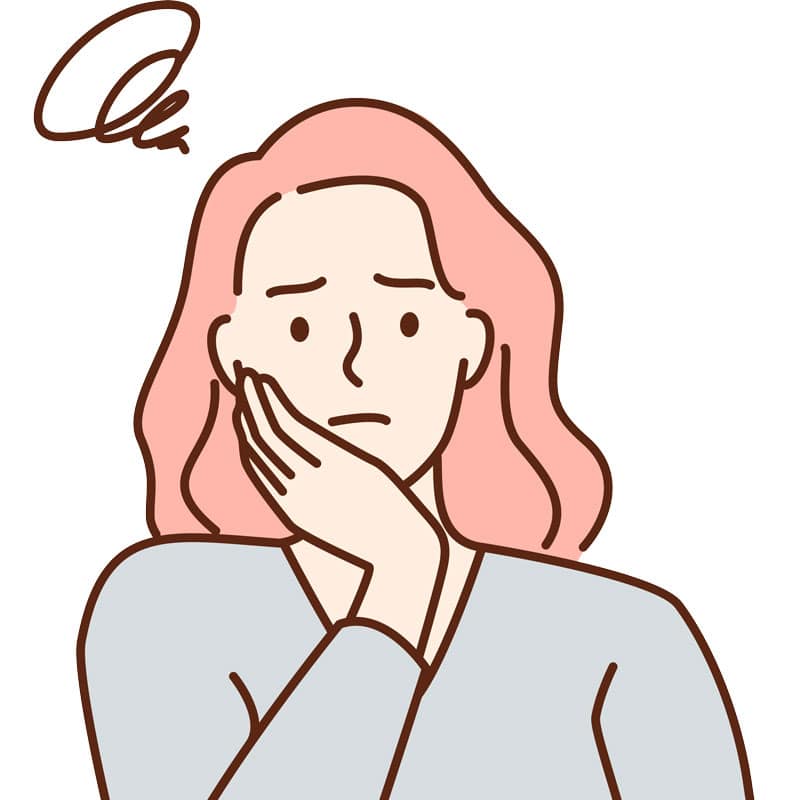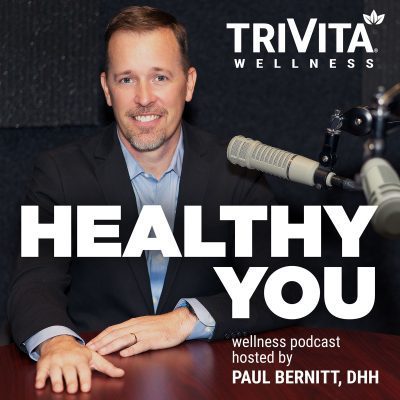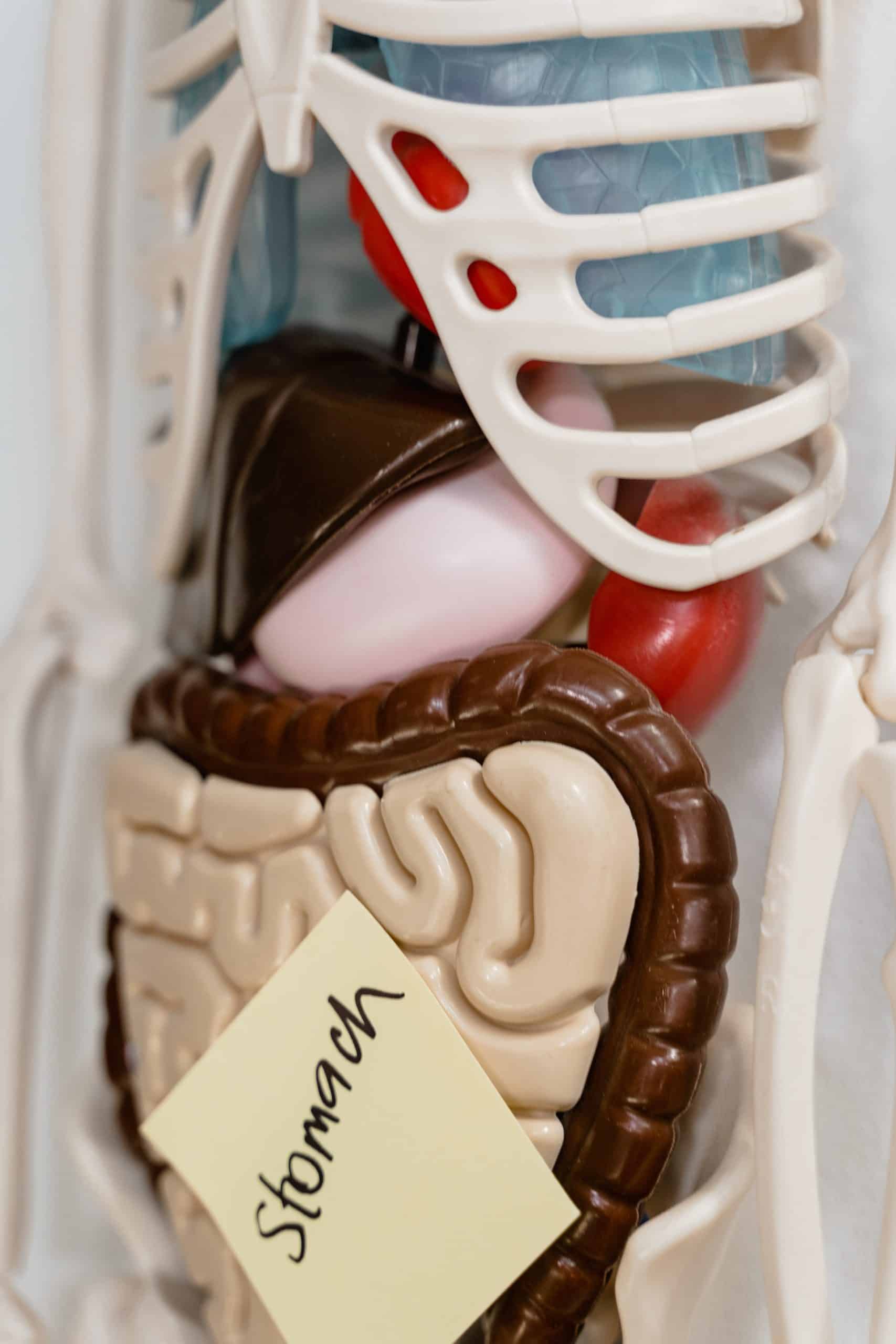Their effects on us and how we can bounce back – based on science
Anxiety disorders and stress affect large numbers of people and can have a significant impact on our health. According to the Anxiety and Depression Association of America, 40 million adults in the United States are affected by an anxiety disorder each year. Having this condition can increase the risk of having heart disease and may lead to poorer health outcomes in those with lung conditions. Yet in spite of this, less than half of the population seeks help for anxiety.

Stress is another major issue in the US and in fact, it’s the highest it’s been in a long time. High-stress levels are fuelled by the ongoing pandemic, rising prices, and the constant stream of bad news that people are experiencing. Stress can affect the brain and mental health.
Read on to find out more about anxiety and stress, and what you can do to bounce back.
Anxiety and its effects
Key core features of anxiety are restlessness, fear, and worry, and these can have a negative impact on your quality of life and physical health. When the anxiety becomes debilitating and starts interfering with your work or personal life, you might have an anxiety disorder. For example, if the anxiety impacts your ability to focus on your work or interferes with sleep, among other symptoms, this may indicate that a problem is present.
Anxiety is linked to and may arise from stress.
Stress and its effects
Stress in and of itself can be defined as a feeling of being overwhelmed and is often tied to our reactions or the way we respond to pressures or threatening situations.
When the stress is chronic or high, it can increase people’s risk for high blood pressure and premature mortality. A study conducted by Anders Prior at Aarhus University has shown that stress is of particular concern for those already suffering from other illnesses. In fact, high stress in those with long-term health conditions was associated with deaths. Therefore, if you’re suffering from an illness, it is especially important to find ways to combat feelings of high tension.
When the stress goes unchecked, it can lead to other consequences. In animals, it has effects on parts of the brain, such as the prefrontal cortex. Stress can also affect the immune system, potentially making us more susceptible to physical illness.
Bouncing back and seeking help
It is important to know the signs of stress and anxiety, as well as their impact on us because knowledge is power. When we know the defining features of these signs and the effects they may have on our health, we can take steps to bounce back. Often the first step to bouncing back is recognizing that an issue may be present and seeking help.
If you’re experiencing debilitating anxiety or stress symptoms, you’re finding it hard to focus on your tasks, or you’re feeling irritable and can’t sleep, this could indicate that an issue may be present. If your well-being is affected, it is important to see a professional. There are also strategies you can practice yourself to feel better.
How to overcome anxiety and stress:
Physical activity
One strategy which can have a substantial positive influence on your anxiety and stress levels is physical activity. Engaging in 30 minutes of physical activity, even just once a week, can be beneficial. Physical activity is not only good for the body and mind, but it can also improve the status of people affected by ill health. According to science, women who have been diagnosed with breast cancer (at age 55 or over), and who engage in high levels of physical activity tend to have improved survival.15 Exercise is something that can help you feel better, even when you are going through a more challenging time.
Humor
Something else which can help, especially when it comes to stress, is turning to humor. Life can become burdensome and there are times when we find it difficult to keep up. When we turn to humor – whether it’s a funny sitcom or reading a few jokes – we get a bit of “psychological” distance or respite from the problem at hand, even if it’s just for a few moments. Humor can help us feel better and we often start seeing the stressful situation more clearly.16
Back to the present
And finally, another way of tackling stress or anxiety is focusing on the present moment and doing breathing exercises. Letting go of all thoughts and turning to that oasis of peace found in meditation and quiet breathing. Taking care of yourself and being kind to yourself is important, especially when you’re going through a tough time. The saying, there is no health without mental health, couldn’t ring truer.
References:
5. Anxiety & Depression Association of America. 2022.
6. American Psychological Association. 2022.
9. American Psychiatric Association. 2021.
11. Spruill TM. Chronic psychosocial stress and hypertension. Curr Hypertens Rep. 2010;12(1):10-16.










